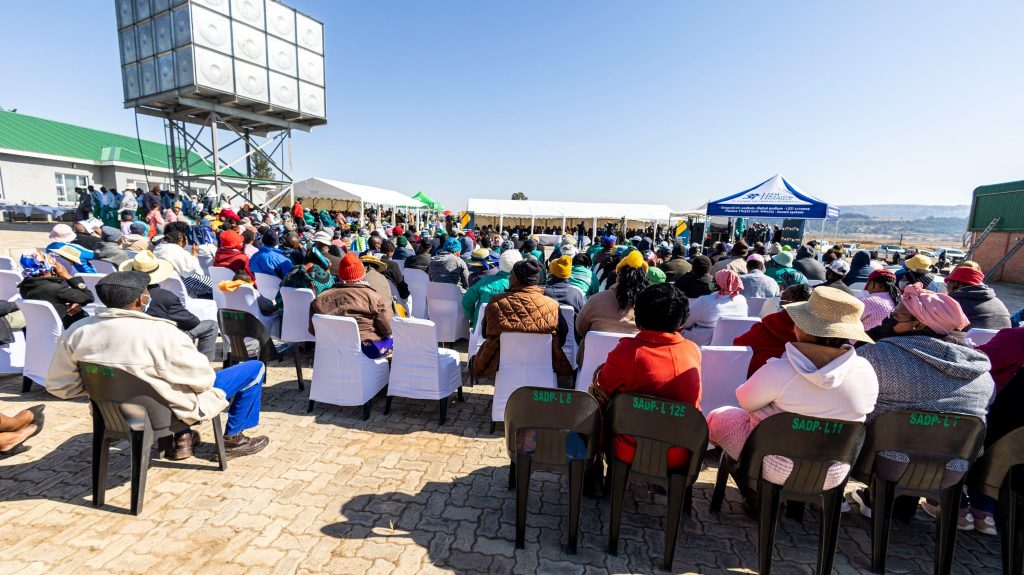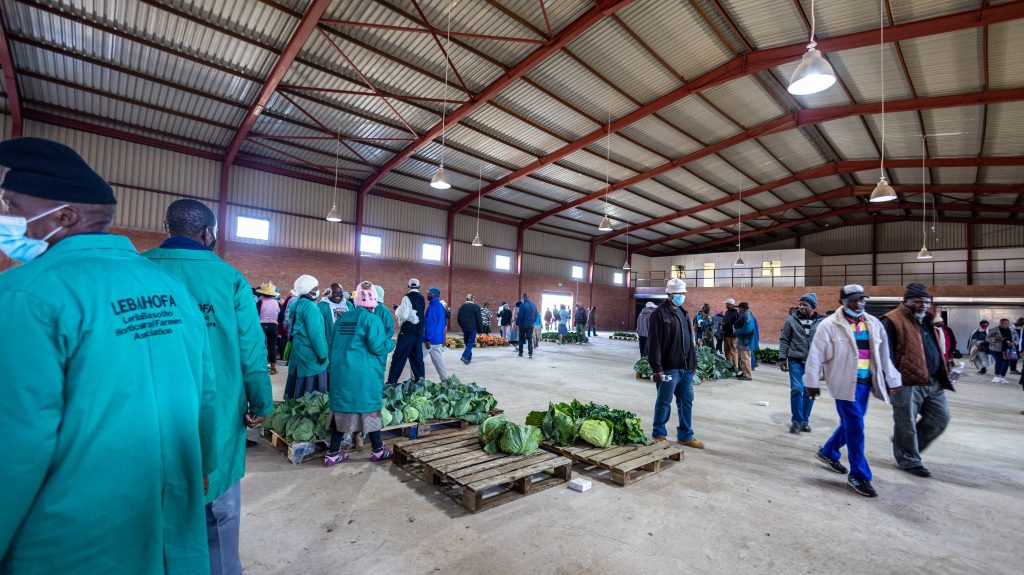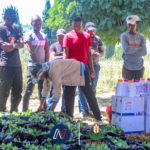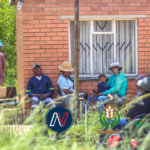Despite its promise to boost local trade and farmer incomes, the Tsikoane Market Centre in Leribe stands as a stark symbol of exclusion and underutilisation, leaving many in the community disillusioned.
Member of Parliament for Tsikoane, Malefetsane Mabote, raised urgent concerns about the facility’s failure to serve the broader population.
He questioned both the limited number of beneficiaries and the opaque criteria used to allocate trading space at the centre during a recent Parliamentary sitting.
While the issue was directed at the Ministry of Trade, it was Minister of Agriculture, Food Security and Nutrition, Thabo Mofosi, who responded clarifying that oversight of the market fell under his ministry.

He acknowledged the centre’s operational delays and underuse, attributing the stall to structural issues that emerged after the management contract was awarded in 2022.
“Shakes Enterprises PTY Limited was awarded the tender in 2022 to run and manage the facility, but structural problems were discovered which delayed the company to start work. It has been a while now and it is expected that they should start work very soon,” Mofosi explained.
He further admitted that a lack of coordination between the centre’s management and local farmers remains a major stumbling block.
“There is no alignment between the needs of the farmers and the operational plan of the market, causing more delays,” the minister noted.
In an attempt to address the disconnect, Mofosi said the Ministry has initiated training for all stakeholders including market operators and farmers, to cultivate a shared understanding and ensure farmers are empowered to sell their produce through the centre.
Mofosi also pointed to the need to revise the market centre’s rules and regulations.
“We must review how the centre is being run so that it truly benefits farmers and honour its initial mandate,” he said, adding that a more detailed plan of action would be presented to Parliament in the near future.
In a broader trade discussion, the Minister revealed that government is reviewing national laws regulating import and export practices for all market centres in the country.
The goal, he said, is to prioritise Basotho products over imports, reinforcing domestic production and economic resilience.
Still, the challenges facing agriculture in Lesotho extend far beyond market access.
During the same session, MP Mabote raised critical concerns about the impact of climate change on grain production, including the vulnerability of grain-producing countries that donate to Lesotho despite experiencing extreme weather themselves.
Minister Mofosi acknowledged the serious threat posed by climate change, confirming that the Ministry had already conducted studies to assess the country’s readiness.

He revealed a relationship with a local company currently producing maize seed varieties such as ZM 521, ZM253, ZM523, and VPO 5120, which were developed by ministry-trained professionals. He further noted the varieties are already being used by Basotho farmers.
In addition to maize, he mentioned locally developed bean seeds like Noah 45 (Lebete), Pinto Nodac, and Mchize, which are also being distributed to farmers.
The minister highlighted the role of the APPSA project, which focuses on research and the revitalisation of indigenous seed varieties as a path to national seed sovereignty and climate resilience.








